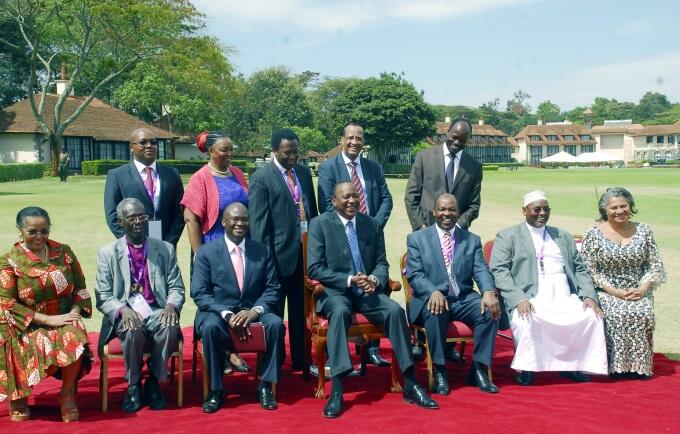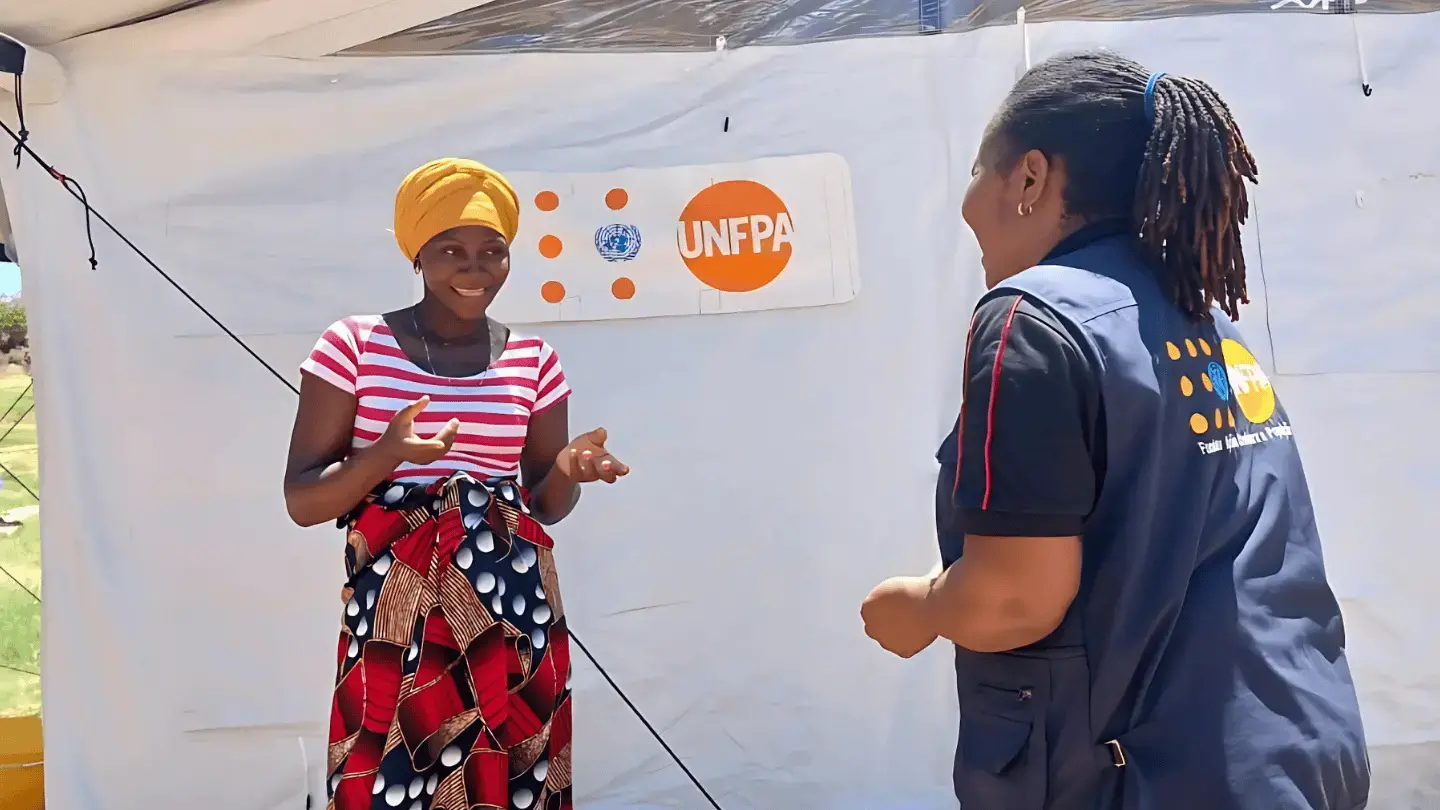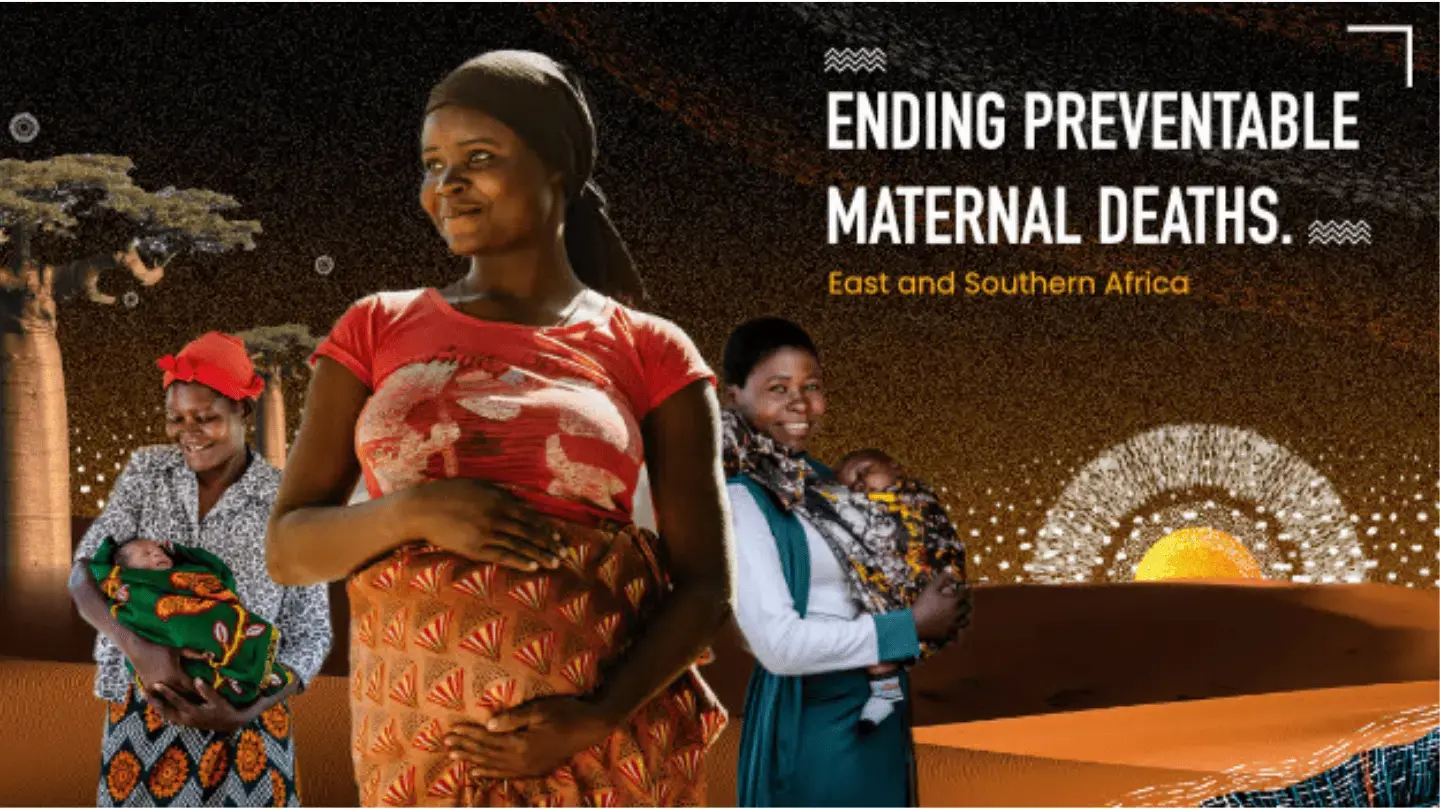NAIROBI, Kenya – After hours of pushing, 17-year old Janet Syombua was about to lose consciousness yet the traditional birth attendant helping her was determined to keep going. In a state of panic, Janet’s husband made the decision to rush to his pastor for advice; members of the Kavonokia sect are forbidden to go to hospital as they believe in divine healing.
This was the fifth time that Pastor Mutinda was being consulted by a man whose wife was enduring a difficult childbirth. Tragically, in all of the previous four cases the couples lost their babies and two of the women developed fistulas as a result of their difficulties. But the pain that Pastor Mutinda saw in the faces of these husbands during his church services convinced him to do something to prevent more tragedies.
Janet Syombua was the first patient the pastor rushed to the local district hospital. Here, she finally gave birth through Caesarian section.
In Kenya, religious leaders are often the first people consulted when families face important life decisions – including around health. For this reason, UNFPA and the Ministry of Health have begun working with faith leaders like Pastor Mutinda, to combat Kenya’s high rate of maternal deaths.
Risking death while giving life
A Kenyan woman’s risk of dying from causes related to pregnancy or childbirth is 1 in 53 – much higher than the global risk of maternal death. Yet an estimated 98 per cent of Kenya’s maternal deaths take place in just 15 out of 47 counties – Garissa, Homa Bay, Isiolo, Kakamega, Kisumu, Lamu, Mandera, Marsabit, Migori, Nakuru, Nairobi, Siaya, Taita Taveta, Turkana and Wajir – according to a recent study by the Population Studies Research Institute at the University of Nairobi.
UNFPA and the Ministry of Health are working with the Inter Religious Council of Kenya to engage a broad range of faith leaders in these 15 counties, including those from Christian, Muslim, Jewish and Hindu communities, on improving maternal health. A meeting of faith leaders, together with officials from the Government, UNFPA and other partners, took place in Nairobi early in March.
"Childbirth should be a joyous moment for families and communities,” President Uhuru Kenyatta said at the meeting. “It is a matter of great concern to my Government that in this country, as many as 21 women die every day while giving birth."
Call to action
The religious leaders signed a Call to Action, pledging to incorporate positive health messages into their work. They also pledged to help change attitudes and behaviours that are harmful to women and children, including by advocating against harmful traditional practices that infringe on child survival and maternal health.
The leaders committed to dedicating more resources to maternal health in the health facilities they run. In Kenya, about one third of health facilities is sponsored or managed by religious organizations.
UNFPA partners with many religious leaders in the country, and is set to scale up these collaborations. For example, UNFPA will help religious leaders develop advocacy materials for the 15 counties with the highest maternal mortality rates.
“When we empower women and couples to make informed choices – including the choice to plan the number, optimal timing and appropriate spacing of their children and to prevent unplanned pregnancies – women thrive,” said UNFPA Executive Director Dr. Babatunde Osotimehin in a statement delivered at the meeting. “And when women thrive, families benefit.”
This event follows another campaign, from August, in which the governors of the 15 counties signed a communiqué agreeing to allocate more resources to reducing maternal and child mortality, and to prioritize maternal and child health and the elimination of harmful traditional practices.





